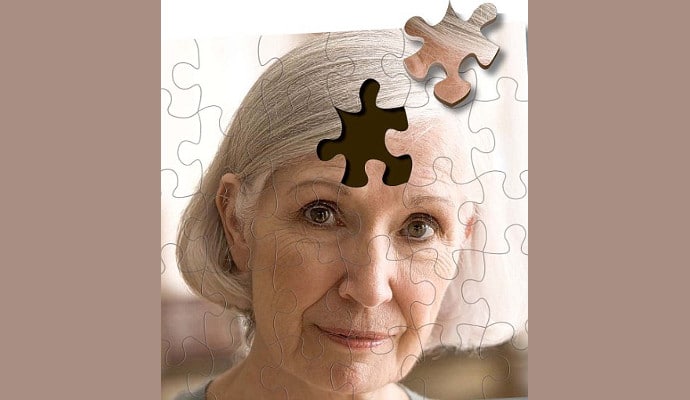Reminders and reason just won’t work When caring for an older adult with Alzheimer’s or dementia, it’s instinctive to try to bring them back into reality. When they say something that doesn’t make sense, you’ll want to remind them of the facts or ask them to remember previous conversations or events. What most caregivers don’t know is that this approach often makes…













